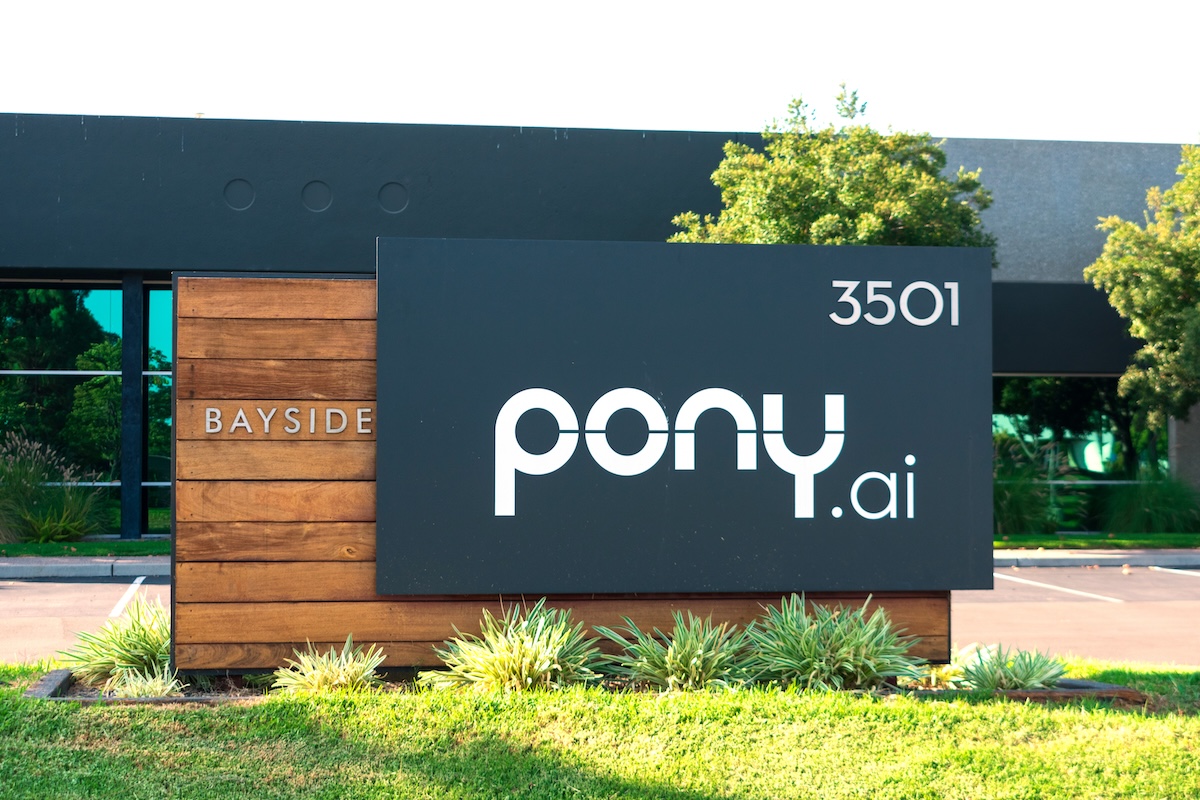
Chinese self-driving startup Pony AI (PONY) is back in the spotlight after unveiling its seventh-generation robotaxi fleet this week.
After the launch, the stock soared more than 70% in intraday trading Thursday before closing up 39.4%.
The new vehicles, showcased at the Shanghai Auto Show, are powered by the company’s L4 autonomous driving software and developed through partnerships with Toyota, BAIC, and GAC.
Pony AI claims the updated design cuts production costs by 70% compared to earlier generations and is 20% to 30% cheaper to build than Alphabet-owned Waymo's cars.
The rollout marks the company’s first step toward scaled mass production.
“Achieving scaled production hinges on three critical cornerstones: advancing technology readiness, enforcing product integration, and refining operational capabilities,” said Pony AI CEO and co-founder Dr. James Peng.
He added that years of progress on these pillars have enabled the company to deploy its robotaxis “safely and reliably.”
CTO and co-founder Tiancheng Lou said the company’s system is designed to exceed human driving capabilities, not just imitate them.
He cited its PonyWorld technology, which “generates realistic scenarios, conducts high-fidelity simulations, and establishes behaviour evaluation benchmarks,” as key to decision-making that “goes beyond human capability.”
Big day, long road
Despite Thursday’s rally, Pony AI stock remains down 56.1% year to date and has fallen 50.8% since its Nasdaq debut six months ago.
The company reported $35.5 million in revenue for Q4 — a nearly 30% drop from the same period in 2023 — along with a $275 million quarterly loss.
Still, with a market cap near $2.6 billion and fresh momentum around its new robotaxi, investors appear more bullish about the company’s long-term prospects.
Speaking of the long term, the company doesn’t expect to turn a profit anytime soon. Peng recently told The Wall Street Journal he’s targeting profitability by 2029.
Bracing for Trump’s next move
Trump’s America-first agenda remains one of the biggest risks to the company’s growth prospects.
The company is weighing a potential secondary listing in Hong Kong amid concerns that President Trump may push to delist Chinese companies from U.S. exchanges.
“It's nothing concrete yet, but definitely it's something we're contemplating,” Peng told The Financial Times at the Shanghai Auto Show. “A lot of factors need to be considered.”
The company raised $260 million in its November IPO.
Peng also said that while tariffs likely won’t disrupt the company’s supply chain, they could dent its overseas expansion strategy.
“On the supply side, we always try to have alternatives and backups,” he told Reuters at the auto show. “But sentimentally of course this is going to affect us — especially on our plan for international expansion.”
Your email address will not be published. Required fields are markedmarked